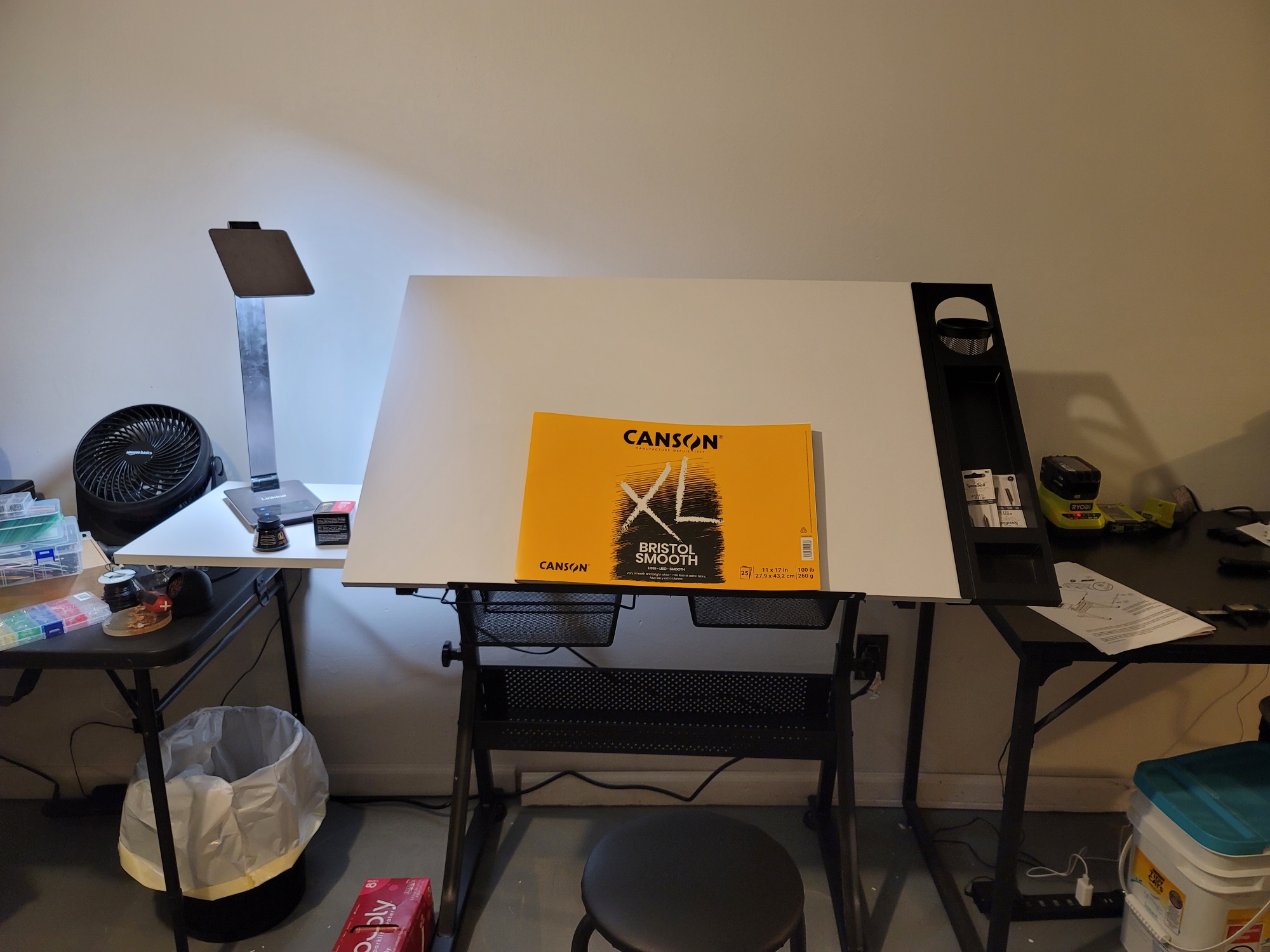- cross-posted to:
- [email protected]
- cross-posted to:
- [email protected]
Pictured anarchists: Peter Kropotkin, Mikhail Bakunin, William Godwin
There is nothing more punk rock than mutual aid.
The term “anarchy” is often used to mean general lawlessness and chaos, invoked positively by people like the Sex Pistols, and as a sort of boogeyman for wealthy property owners who apply it to anyone who is disruptive to society and the status quo. In philosophy, however, the concept of “anarchism”, as laid out by people such as William Godwin, Peter Kropotkin, and Mikhail Bakunin, is a society without classes, or any other hierarchical structures where people on the bottom are expected to obey those at the top. Instead, property (such as factories, farms, and infrastructure) is communally owned, and work is done in a cooperative fashion to meet everyone’s needs.
Despite calling for peace, cooperation, and equality, Anarchism is treated as a violent ideology by the wealthy property owners of “civilized” society (not entirely without reason, of course, as there have been many anarchists who have called for bombings and assassinations as a tactic). If history tells us much, it is that the wealthy elites in any society are typically rather disinclined to give up their property and power, and generally hold unfavorable views of those calling to change the system. Anarchists have been brutally suppressed throughout history by both capitalists, and state socialists such as the Soviet Union. In fact, in an ironic sort of way, they are far more stigmatized and suppressed than “anarchists” like the Sex Pistols who call for aimless violence and disobedience, for obvious reasons.


Yeah, and their fictional example has government (the protagonists literally act as law enforcement and heavily depend on hierarchy), evil people trying to hurt others, and unfair treatment as a central component of many episodes.